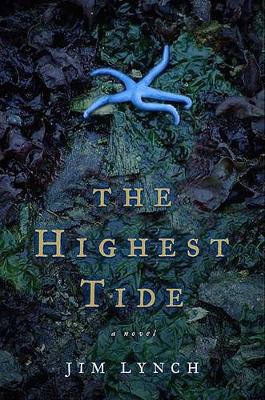Reviewed by gmcgregor on
Like so many adolescents, everything is changing for Miles. His parents seem headed toward an end of their long-shaky marriage, he nurses a desperate crush on Angie, the older, bipolar girl next door who used to babysit him, he becomes a figure of devotion for a local cult-type group, he feels queasy about the older man he sells aquarium specimens to, and he faces the increasing deterioration of his best friend, the old lady who lives next door. Miles is confused about virtually all of the above, not quite knowing how to handle any of it. On top of it all, he's extremely self-conscious about his diminutive stature and has very few friends his own age.
This is a fairly slim book (only about 250 pages), and the feeling I was left with at the end was that it tried to take on too much without doing any of it particularly well. There are too many plot threads and none of them are developed properly. Lynch sketches Miles as a sensitive, observant boy, and I wish he'd dropped some of elements he piled on (the shady animal dealer and the cult group in particular don't resonate well) and given the rest some room to breathe. In particular, I felt like Angie got the short shrift...I can see what the appeal of her would be to Miles, but I never got much of a sense of what the appeal of Miles would be to her. She's given an interesting story: daughter of a prominent local judge with not-adequately-treated mental health issues and a wild streak, but she's never realized as an actual character. Lynch's prose is adequate, but doesn't do anything in terms of making up for the plot issues.
Reading books like this, though, makes me reflect on the enduring popularity of the coming-of-age genre. I think the appetite for books in this sphere explains a lot of the appeal of the YA boom: people really like stories about growing up. In part, I think this is because even the culturally-recognized "growing-up" period has gotten extended...just look at how much later my generation is doing things like getting married and buying houses, in large part, that our parents' generation or even Gen X. And even now, firmly in undisputed adult territory, I still feel like I'm not done growing and changing yet. Maturing is a process that feels like it'll never really be done, and stories that reflect the sometimes-painful but always-necessary movement forward are very appealing. I wish The Highest Tide were a better example of the type, but not every book does it for every one. There's good stuff in this one, it's more frustrating than bad, but I still wouldn't recommend it when there are so many in this category that do it better.
Reading updates
- Started reading
- 5 May, 2017: Finished reading
- 5 May, 2017: Reviewed
